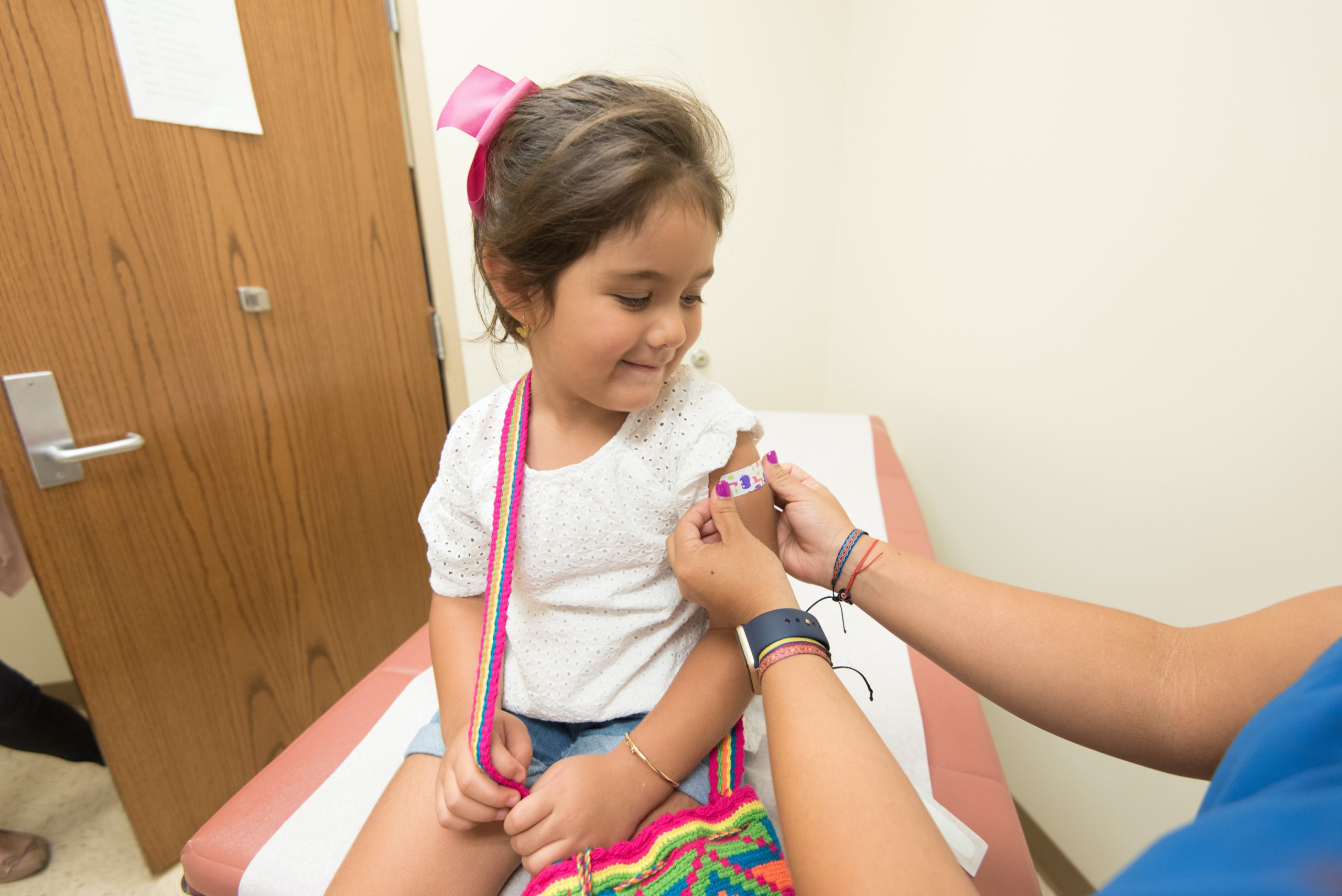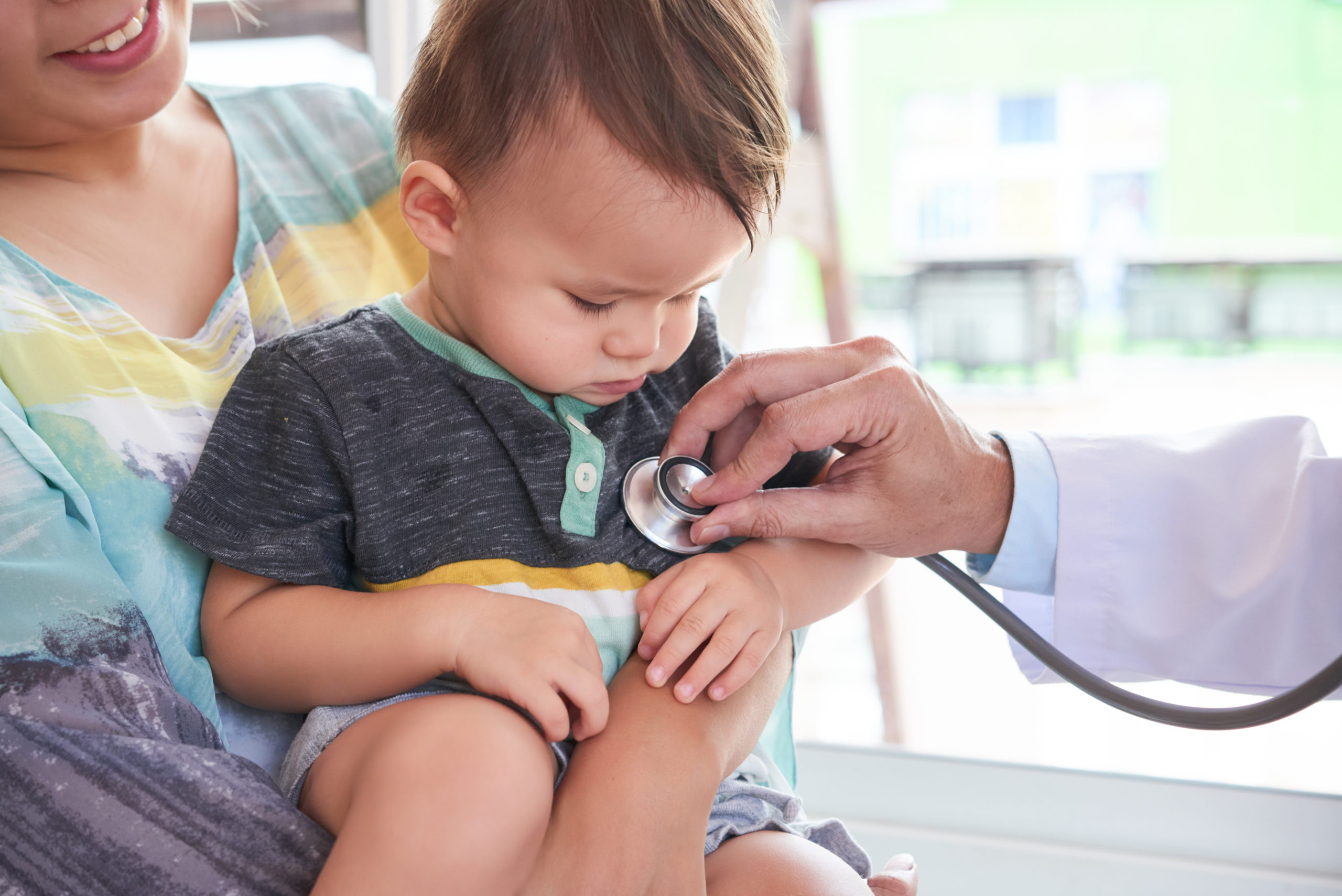Table of Contents
What is vaccination?
Vaccination is a way to protect your child from getting several diseases which means protection and this is the best way to provide protection to your little one from getting severe diseases. And vaccination chart is a schedule for all the vaccination according to the age and dosage of particular vaccine
There are many diseases which can easily spread from one child to another and can cause serious health issues. Vaccination plays a vital role by preventing them to spread in your child. Vaccinations strengthen their immune system to prevent these dangerous diseases.
In order to get vaccine there is a proper guidelines and proper schedule, which should be followed. The vaccination schedule contains information about the proper age and recommended dosage of particular vaccine. By exposing you to a germ in a controlled way, vaccines teach your body to recognize and fight it.
14 post vaccination tips for babies and toddlers: Tips to reduce the pain of vaccination.
There are several vaccines to be given during the first 5 years of birth. Most of the vaccinations are given between the periods of first 2 years after birth.
Newborns babies get protection from breast milk to fight against many diseases, but some babies are not breastfeed at all. This immunity wears off after stopping the breastfeeding.
But vaccination is important whether or not babies are breastfeed.
Vaccination chart from birth to 5 years.
All vaccinations are not given at the same time or right after the birth. There is different timeline and guidelines for each vaccine. They are given time to time from birth to 5 years. Most of them are finished in the timeline of first 24 months. Many of them are also given in several dosages. Your doctor will provide you proper vaccination chart for this in which everything about the time and dosage will be mentioned, so you don’t have to remember that.
You can check the following table for the recommended vaccination chart or schedule.
| Age | Vaccine name | Dose |
| Birth | BCG | |
| OPV | ||
| Hepatitis-B | 1st | |
| 2 Months | DTap | 1st |
| Hib | 1st | |
| PCV (Pneumococcal) | 1st | |
| Hepatitis-B | 2nd | |
| Rotavirus | 1st | |
| IPV | 1st | |
| 4 Months | DTap | 2nd |
| Hib | 2nd | |
| IPV | 2nd | |
| Rotavirus | 2nd | |
| PCV (Pneumococcal) | 2nd | |
| 6 Months | DTap | 3rd |
| Hib | 3rd | |
| IPV | 3rd | |
| Rotavirus | 3rd | |
| PCV | 3rd | |
| Hepatitis-B | 3rd | |
| Inactivate influenza (Flu Vaccine) | 1st | |
| 7 Months | Flu Vaccine | 2nd after that yearly according to season |
| 12 Months | TCV | 1st |
| Hepatitis-A1 | 1st | |
| 15 Months | MMR | 1st |
| Varicella (Chicken Pox) | 1st | |
| PCV | Booster | |
| 16-18 Months | DTap | Booster 1 |
| Hib | Booster 1 | |
| IPV | Booster 1 | |
| 18 Months | Hepatitis-A2 | 2nd |
| 24 Months | Typhoid/Typhoid Conjugate Booster (TCV) | Every 3 year |
| 5 Years | MMR | 2nd |
| Varicella | 2nd | |
| DTap | Booster 2 | |
| Typhoid Booster | ||
| 10 – 12 Years | Tdap/td | 1st |
| HPV | 1st |

Here are the details about few of the Vaccines.
BCG
BCG vaccine protect against tuberculosis Disease (Tb). This is serious infection that affects the lungs and sometime other parts of body like joints and kidney.
OPV
This is oral polio vaccine that protect against polio virus and it contains live attenuated poliovirus. This virus mainly affects young children and easily spread by person to person.
Heb-B vaccine
It protect against hepatitis-B virus which can damage the liver. It is given in 3 doses.
All about first month of a baby after birth, what can you expect?
Rotavirus
It protect against rotavirus which is the main cause of diarrhea, vomiting and dehydration in children.
DTap vaccine
Diphtheria, tetanus, pertussia is a combination vaccine and it is given in 5 doses. It protect against a serious disease that can cause swelling in the throat, tighten the muscles and severe cough makes it hard to breathe for kids.
Hib (haemophilus influenza type-B)
This is a type of bacteria that can cause an infection in the brain and spinal cord which can further damage the baby’s brain and hearing. It is given in 4 doses.
IPV
It protects against polio and is given in 4 doses.
PCV (pneumococcal conjugate vaccine )
It protect against pneumococcal disease which can cause pneumonia. It s given in 4 doses.
Flu vaccine (influenza)
It protect against seasonal flu virus. It is given yearly starting form 6 months old baby. First dose before 1 year require 2 doses that are given in 4 weeks apart.
MMR
This is another combo vaccine. It is given in 2 doses. It protect against measles, mumps and rubella. Measles can give skin rashes and sometime can cause brain swelling. Mumps can be painful, swollen salivary glands. Rubella can cause serious birth defects.
Varicella
It protect against chickenpox which is common in children. It is given in 2 doses.
Hep-A
It protect against hepatitis-A, which is a serious liver disease and it is given in 2 doses.
Typhoid
Typhoid is a serious disease, which is caused by bacteria that can lead to kidney failure and intestinal bleeding. If the infection spread to your gallbladder you could become a carrier of typhoid disease. This is a very important vaccine and a booster is necessary every 3 year to maintain immunity.
Tdap/td
This is again a combination vaccine of tetanus, Diphtheria, pertussis which fights against many diseases. It is given to the children older than 7 years. Tetanus can cause painful stiffening of muscles, Diphtheria can cause difficulty in breathing and pertussis can cause uncontrollable cough which can makes you harder to breathe.
HPV
HPV protect against a group of viruses that can cause cervical cancer and most cancer of vulva, penis, anus, rectum and throat. It is given in 2 doses 6 to 12 months apart. After the age of 15 there can be a need of 3 doses if it is not given before.
Vaccinations are an important part of your child health. Babies are at high risk of getting any disease because of their weak immune system but vaccines can protect against serious childhood illness. Vaccination can cause reaction like fever, irritation and pain on the injected area so be sure to discuss about all the side effects with your doctor. If you have any question regarding vaccination, don’t hesitate to contact your health care provider. They can guide you through the process.





